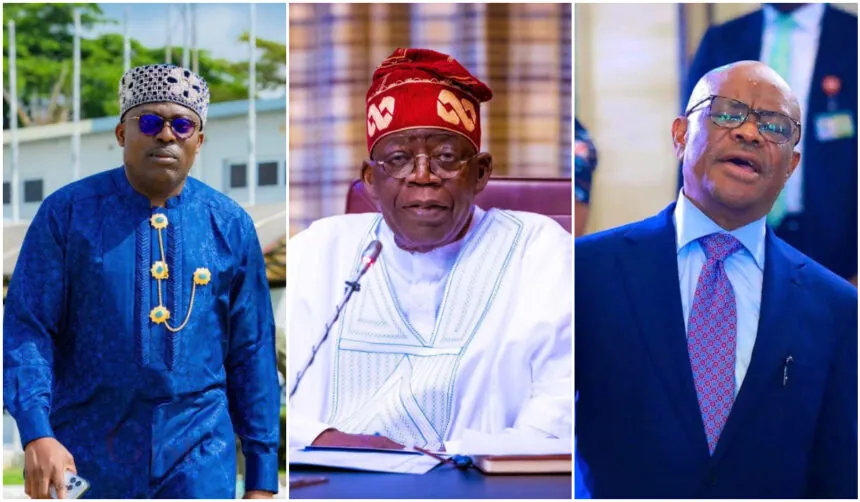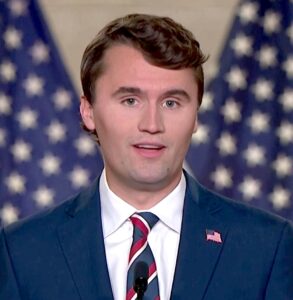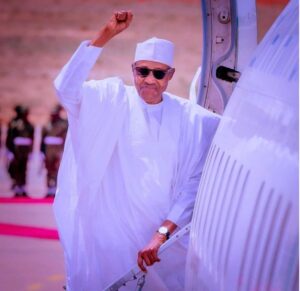Tinubu Reportedly Strikes Deal: Fubara Keeps Seat, Agrees Not to Contest 2027, Wike Regains Influence

By Sholeye Ayodele, Lagos
President Bola Tinubu has reportedly agreed to reinstate Siminalayi Fubara as the Governor of Rivers State, but under strict conditions — chief among them being that Fubara will not seek re-election in 2027, according to an exclusive report by TheCable.
The decision was reached during a closed-door meeting held Thursday night at the Presidential Villa in Abuja. Present at the meeting were Minister of the Federal Capital Territory Nyesom Wike, Governor Fubara, suspended Speaker of the Rivers State House of Assembly Martin Amaewhule, and several lawmakers.
Multiple presidential sources cited in the report described the meeting as a major breakthrough in Tinubu’s push to restore political stability in Rivers State. The state has been plagued by a prolonged feud between Fubara and his political mentor, Wike. However, the agreement significantly curtails Fubara’s political influence.
A source privy to the discussions said, “The arrangement is clear: no second term, no control over local government, and peace will be restored.”
Another insider added, “The president made it clear that Rivers cannot afford to remain in crisis. The deal is about restoring calm, but it comes at a steep cost for Governor Fubara.”
One of the core terms of the agreement is that Fubara will serve out his remaining four-year term but will not be eligible to contest the 2027 gubernatorial election. In exchange, all impeachment proceedings initiated against him by the state assembly faction loyal to Wike will be dropped.
As part of the compromise, Wike will reportedly be allowed to nominate all chairpersons for the 23 local government areas in Rivers State. This concession effectively hands grassroots political control back to the former governor.
A presidency source observed, “Wike is the real winner here. By controlling the local government chairmen, he maintains considerable influence over the political structure of the state — an important factor ahead of 2027.”
Additionally, Governor Fubara has allegedly agreed to settle all outstanding allowances and entitlements owed to the 27 lawmakers aligned with Wike who were previously suspended. These legislators, led by Amaewhule, had defected to the All Progressives Congress (APC) during the conflict but continued to assert their positions in the House, leading to legal disputes.
The political standoff between Fubara and Wike has severely impacted governance in the resource-rich state since late 2023. The rivalry, primarily rooted in control over the state’s political apparatus, escalated into a full-blown power struggle. Fubara, attempting to assert his authority, resisted Wike’s efforts to retain influence despite leaving office after an eight-year tenure.
This conflict triggered impeachment threats, fractured the state legislature, and created a climate of political instability. Tinubu’s earlier peace efforts had failed, leading to a more drastic intervention in March 2025.
On March 18, the president declared a state of emergency in Rivers State, citing the deepening political crisis. He suspended Governor Fubara, Deputy Governor Ngozi Odu, and all members of the Rivers State House of Assembly for six months. A retired naval chief, Ibok-Ette Ibas, was appointed as sole administrator to oversee the state during the suspension.
With Fubara’s six-month suspension set to end in September, this new agreement paves the way for his return — albeit with significant compromises that curtail his political future and control within the state.





